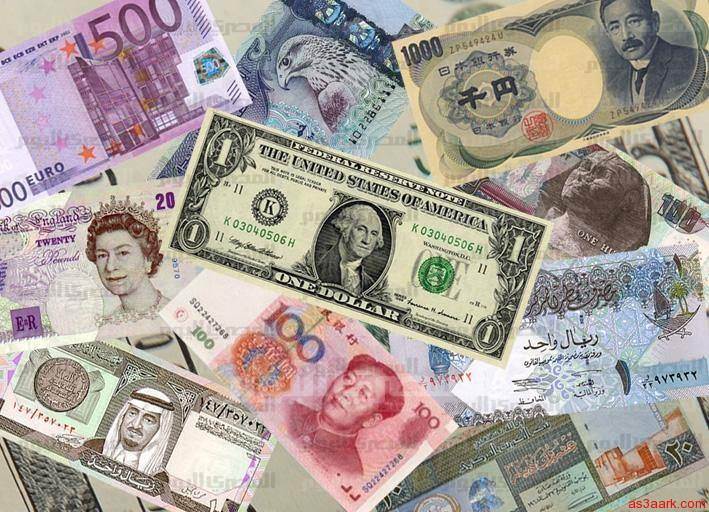 With the next deadline for the U.S.-China trade talks looming in just a few days, hopes are fading that a deal will be reached in time to avert the next round of tariffs, or even that a deal will be reached in the near future. Comments out of Washington on Tuesday painted a confusing picture and frustrated traders and analysts worldwide, sending global stock indexes broadly lower.
With the next deadline for the U.S.-China trade talks looming in just a few days, hopes are fading that a deal will be reached in time to avert the next round of tariffs, or even that a deal will be reached in the near future. Comments out of Washington on Tuesday painted a confusing picture and frustrated traders and analysts worldwide, sending global stock indexes broadly lower.
U.S. Commerce Secretary Wilbur Ross rejected all trade deadlines with China on Tuesday, commenting to Reuters that confirming proper terms to the deal is more important than rushing the trade deal by the end of this year or even by the end of 2020. Ross mentioned that there are several key open issues that haven’t yet been resolved favorably, including details about the purchase of farm products by China. U.S. President Donald Trump has committed to spending $28 billion to help U.S. farmers in a two year period, to combat the problems that famers are facing due to the trade war.
On Tuesday, Trump supported Ross’s statement, commenting that he likes a of “the idea of waiting until after the election for the China deal, but they want to make a deal now and we will see whether or not the deal is going to be right.” Trump made his comments in London, where he is currently attending the NATO summit.
All three Wall Street benchmark indexes closed lower on Tuesday, the second consecutive day of losses in December, a month that is historically one of the best months of the year for the stock markets. The Dow Jones Industrial Average closed over 1 percent lower, while the S&P 500 sunk 0.66 percent for the day and the NASDAQ ended down 0.55 percent.
In Asia, all major benchmarks were lower, including the Shanghai Composite, which bucked the downtrend yesterday. Japan’s Nikkei 225 and Hong Kong’s Hang Seng Index both fell 1.02 percent as of 2:16 p.m. HK/SIN, while Australia’s ASX 200 saw the steepest losses with a decline of 1.58 percent. South Korea’s Kospi eased 0.70 percent.
On the currency markets, the U.S. dollar was treading water, with the dollar index up a modest 0.02 percent to 97.76 .DXY. The greenback eased against the yen as traders flocked to the safe-haven currency, and it was down 0.05 percent to 108.57. The dollar was also slightly lower against the pound, down 0.01 percent to $1.2993. The euro shed 0.05 percent against the dollar, to trade at $1.1075.
